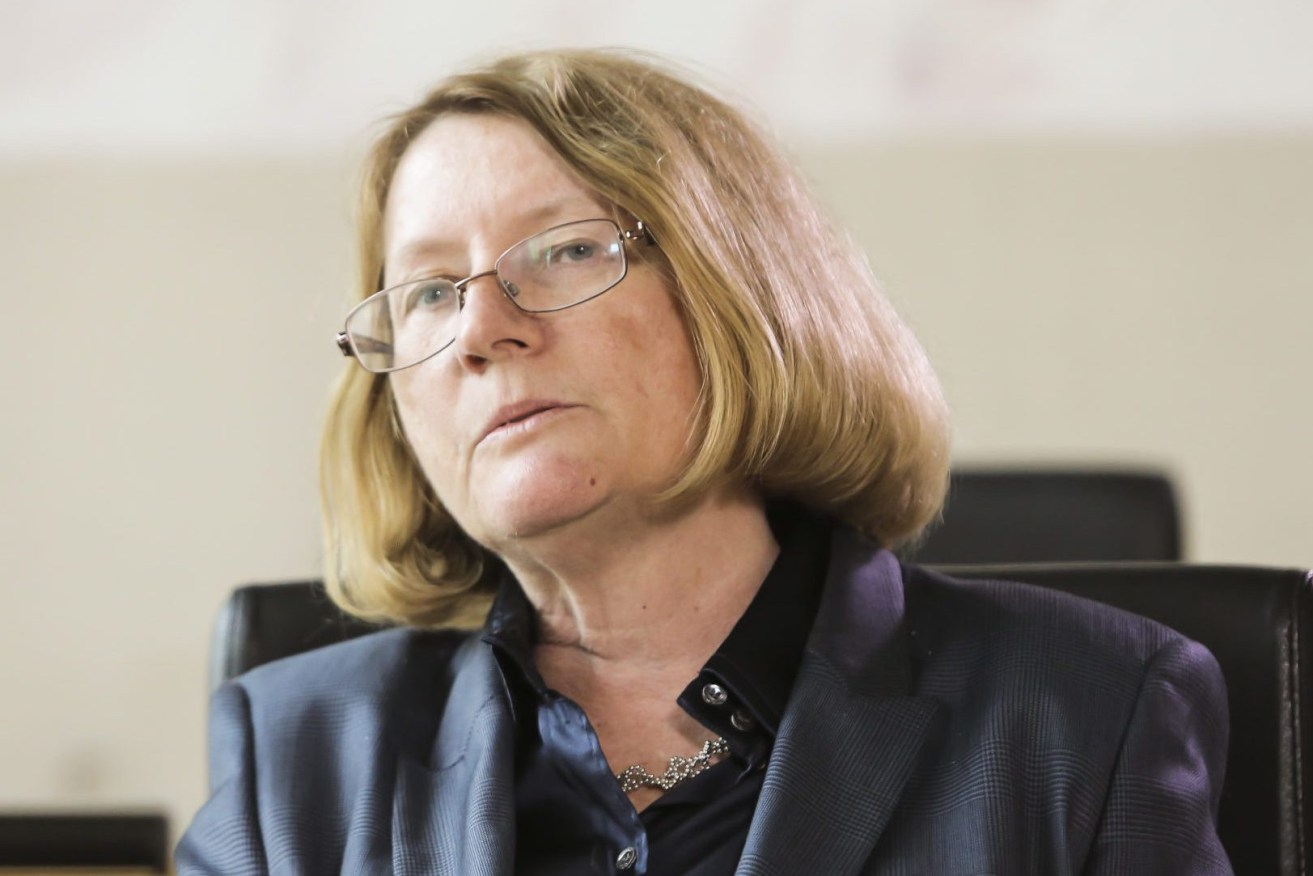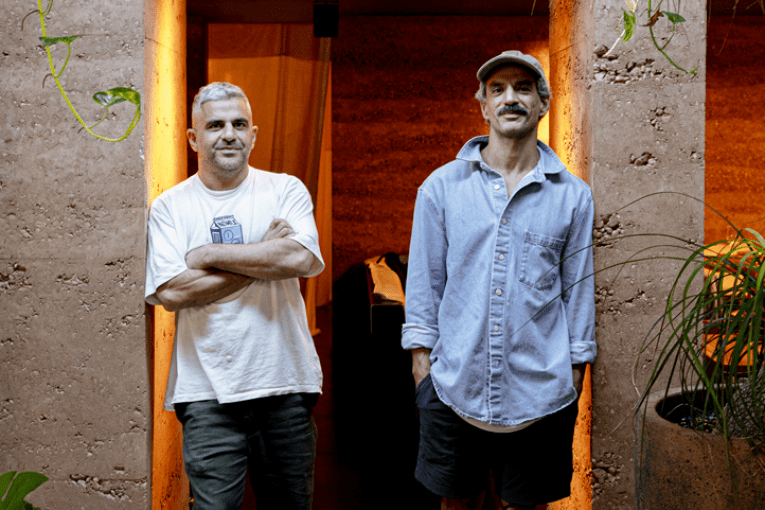Stopping justice in its tracks: The quiet battle to restore order in the court
Queensland’s top judge tells of a weekend in March when everything changed – and what might have to change for good

Commissioner Catherine Holmes is hearing evidence from the so-called Robodebt scandal. (Photo: AAP Image/Pool, Mark Cranitch)
The Chief Justice of the Supreme Court, Catherine Holmes AC, told InQueensland that when she first heard of COVID-19 in January, she expected it to be like the SARS outbreak in 2003.
The courts had been disrupted by natural disasters before and, more recently, a fire. But health issues were usually just something else to be managed within the daily business of delivering justice.
“We had a meeting in early March where we said ‘look, we’ll have to start thinking about how this could affect us’ but in a very distant way,” Holmes said.
“And then there was a weekend there – the weekend of the 13th, 14th and 15th of March – and I remember it vividly; everything seemed to flare up and I was just on my email all weekend with the Senior Judge Administrator (and) the Director-General. That’s the weekend it really erupted.”
Community-wide social distancing and the need to enforce proper personal hygiene inevitably led to the extraordinary decision to postpone jury trials. As Holmes explained it, there were “tumbling decisions that had to be made every time you turned around”.
“Every day seemed to bring a different problem,” she said.
While justice is arguably essential business, jurors were deemed to be unnecessarily at risk of contracting COVID-19 and also a potential threat to others. So, trials were postponed and only resumed in the District Court last week after major changes to procedures and practices. Jury trials are likely to resume in the Supreme Court in July.
For the foreseeable future, jury trials will have to be accommodated across two courtrooms, and with jurors no longer confined to the box on the left facing the judge, but across that whole side of the room. They will be in the other room for arraignments but in-person for the crucial aspects of a trial, with every thought given to how it will play out.
“One of the things we made sure of is that their line of sight is good, that they can all see of the witness and they are not, any of them, behind the accused,” Holmes said.
“I think that’s important because you just don’t want them looking from a different angle, they’re all side-on still. It’s preferable.”
As the pandemic sent Queensland prisons into lockdown, lawyers were unable to see their clients at all and the need to separate people in custody meant that anyone taken to court had to somehow be put into isolation for 14 days on their return. Holmes became ever-more-mindful of the spread of infection in jails overseas, and did not want low-level offenders adding to the challenge in Queensland.
“For a while there we weren’t sentencing anybody who was on bail, complying and looked as though they might go into custody,” Holmes said.
“We’ve changed that now because (the prisons are) pretty much under control.”
Police witnesses have also been unavailable, due to their priority work assisting the public health response to the pandemic. Other witnesses and legal representatives have been connected via video conferencing technology but nothing came easy in the courts.
Judges kept working – trial judges helped in the Court of Appeal, where the gesture may now be reciprocated to help clear the jury trial backlog – but COVID-19 changed their case load. Holmes said the pandemic brought an increase in applications, including of employers worried their employees might not keep information secret if laid off, and more sessions having to be conducted remotely.
“One of the problems we have had is our technology is not really up to this,” Holmes said, noting that she even had trouble getting a clear phone connection for one interview.
“Fortunately, we have a judge who is a bit of a computer guru and he searched around and found us a platform that has worked reasonably well. But everything has had hiccups. And one of the things about this is it’s much more tiring. I’ve been doing applications and it’s just a headache when things fall apart. Applications (are) tough enough without having to worry about someone being unable to get through. So, nothing’s been easy.”
That said, the Office of the Director of Public Prosecutions took the opportunity to address its backlog of indictments, and also undertook to consult upfront with defence lawyers. More work is being done before matters get to the courts, if only because of the difficulties that can then arise.
“There’s been a lot of liaising that has been an interesting and positive effect of this,” Holmes said, expressing some hope that it would continue.
“I can see some real merit in it.”
The option of judge-only trials might also be looked on more favourably in future but there are still practical changes that could make the courts more flexible and efficient. If there is a second wave of COVID-19, it could also make the courts safer.
Holmes said a complete upgrade of technology was required, noting that lawyers were still coming to court to physically file documents, or negotiate an alternative arrangement via email which has its risks.
“If we had electronic case management systems and electronic filing life would have been a lot easier through this,” Holmes said.
For Holmes herself, all the extra meetings, and all the unusual decisions to be made, have not left much time to write judgements. But with the resumption of jury trials, and the backlog likely to be cleared by early 2021, she is also comforted by the fact the courts have not had an outbreak of COVID-19 and the work of delivering justice can continue.
“We are all here, working quite hard,” Holmes said.
“It’s important to get the message out that we are still functioning.”












